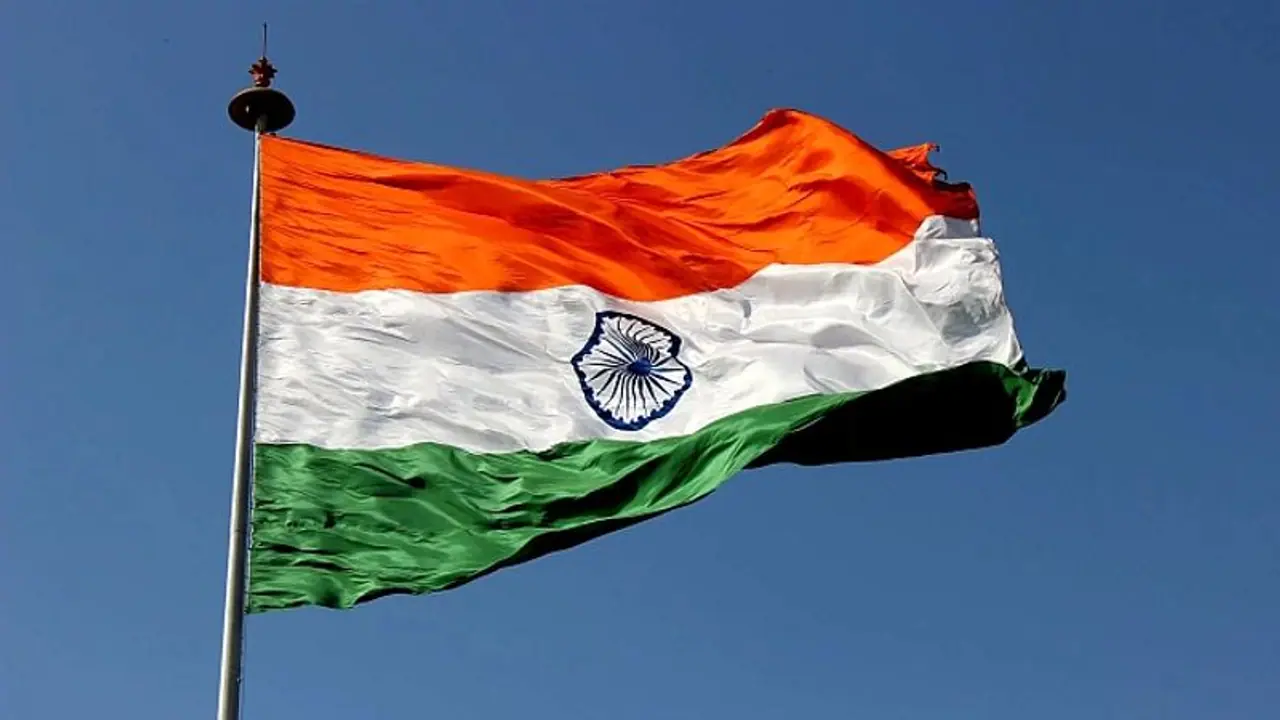The Israel-Palestine war presents a multifaceted challenge that extends beyond the Middle East. Prakash Chawla navigates through the best and worst-case scenarios, addressing the potential impacts on the global economy and India.
The Israel-Palestine war threatens to destabilise the Middle East, a region of strategic importance to India and the world. The situation seems to be worsening by the day with the Hamas holding over 150 people hostages and Israeli Defense Forces vowing to avenge the militants' brutalities on innocent citizens. Gaza, one of the most densely populated areas in the world, is under a siege and being subjected to targeted bombing by the IDF. President Joe Biden has despatched USS Gerald R Ford to the region more as a deterrent rather than for use in operation against Hamas.

All these developments make the Middle East a theatre of complications, raising an immediate concern in one's mind about the potential impact on the global economy, which is already in the crossfire of Ukraine-Russia war, cost of living crisis in Europe, soaring US interest rates and heightened face-off between Washington and Beijing.
Even more pertinent would be to ask: How would it play out for the Indian economy, which has so far navigated the headwinds with clever manoeuvres from the Reserve Bank of India and big bang spending by the Union government on infrastructure development, hoping to crowd in private sector investment that is showing tentative signs of revival? Instability in the Middle East could pose a serious problem for an Indian economy which is heavily dependent upon imported crude oil, half of which comes from the region.
The answer lies in three ponderables, though there is no limit to the imponderables: The best case scenario, the worst case scenario and a moderate impact scenario. Let's examine all three.
First is the best case scenario. It is easy to handle; just chill and relax. What more can we ask for!
Second is the worst case scenario. This could be worrisome not only for the Indian economy but for the global economy, which has been battling on so many fronts already. If this scenario unfolds with the epicentre in and around Gaza strip on South East Mediterranean Sea, the conflagration could envelope Syria, Lebanon and Iran on the side of hardline Palestinians and Egypt, Saudi Arabia and the UAE seeking a middle ground with the US brokering a wider affinity for Israel amongst the Arab world.
Consequences of this remote but not an impossible eventuality would be dire for the entire world, as that would mean that the United States, China and Russia find themselves in fiercely-opposite camps. This looks impossible at this stage; but as a $3.5 trillion economy with 1.4 billion people, India must factor in all possibilities.
For one, India should mitigate as much risk as possible by raising its strategic petroleum reserves along with our robust forex kitty of $587 billion. Remittances equivalent to about $90 billion from the non-resident Indians are one of the main sources of our foreign exchange. Of these, more than 50 per cent come from the Middle East with Saudi Arabia and the UAE being amongst the largest employers of Indians. An unstable Middle East with close to nine million Indians could be a serious issue for us to handle with socio-economic implications.
The Suez Canal linking the Mediterranean and the Red Sea is an important route for trade between Europe and Asia. It divides Egypt's mainland and its Sinai peninsula, which borders the Gaza strip. India, like the rest of the world, is heavily-dependent on this waterway. As per trade estimates, India ships about 500,000 to 600,000 barrels of crude through Suez Canal and any disruption in the trade route would spell serious problems for the economy.
Shipping analysts are deliberating on the risk premium and other disruptions if war in Israel expands beyond its borders in the Middle East. The risk, experts say, is more to the oil and gas tankers than other commercial vessels.
The third possibility from India's economic point of view is the moderate risk scenario. This would mean that the war remains restricted between Hamas and Israel while hostages are released, giving some kind of an exit route to Hamas through Egypt in a behind-the-scenes kind of operation. The sentimental impact on oil prices wanes away as Saudis and the UAE keep pumping the barrels of crude for global supply even though the US keeps informally allowing Iran to bypass sanctions to keep its crude operations on. These are ponderables of the moderate-risk scenario.
India must prepare itself for all possibilities while leveraging its strategic and diplomatic capital not only with the US and Israel, but all major nations in the Middle East. Also staying engaged with Russia and continuing with the discounted crude supplies would help. Let's keep our fingers crossed in a fast moving world of anxiety.
Prakash Chawla is an independent journalist, based in New Delhi. He can be reached at rprakashchawla@gmail.com
